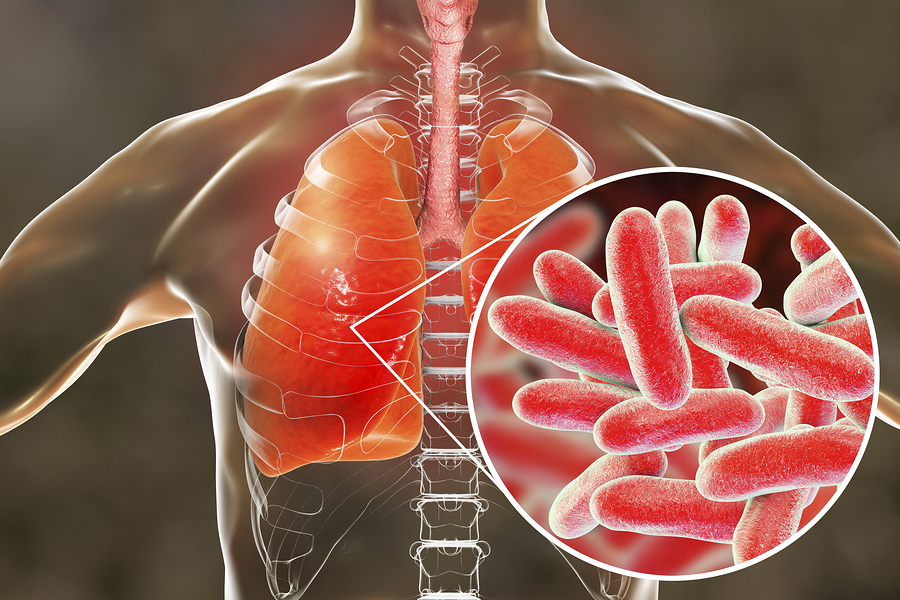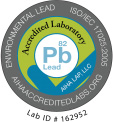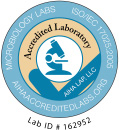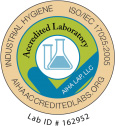
Legionella is a naturally occurring bacteria that exist in freshwater lakes and streams. However, when it comes to human-made water storage units, like a hot/cold heater, this bacteria can spread and turn deadly. Legionella bacteria can lead to Legionnaires’ disease just ten days after exposure. Legionnaires’ disease is an advanced form of pneumonia – and often has disastrous repercussions. To avoid the spread of illness through this water-borne bacteria, water systems should be tested regularly, either with at-home strips or preferably through a laboratory for more accurate results. There’s no vaccine for this disease, and the only way to prevent it is to make sure that owners and managers are maintaining the water systems.
Legionella is a serious public health issue, and the CDC has created a toolkit for property owners to help them make sure tenants and employees do not catch this deadly illness. There are several legal repercussions for owners that refuse to maintain their water systems.
Where Does Legionella Hide?
Any stationary water can hold enough Legionella bacteria to make an individual sick. In building water systems, some familiar places Legionella can hide out include:
- Large plumbing systems
- Cooling towers
- Decorative fountains
- Hot tubs
- Hot water tanks
- Water heaters
- Faucet water filters
- Showerheads
Legionella can be found anywhere, but likes warm water best. Legionella bacteria thrive when the water is between 77°F-108°F, which is an average temperature in water systems. Even if pipes are moving cold water, if the pipes are located somewhere where the temperature is high, that might still breed Legionella.
How to Prevent Legionnaires’ Disease on Your Property
Keep any stagnant water clean! This is the ultimate priority. Whether you own a building of tenants or manage an office building, the strictest standards must be upheld. Chlorine and other water cleaners must be used at the right time and in the right measure to keep bacteria at bay. If you’re not sure, it’s best to hire an expert on water maintenance that can come around and keep all the pipes and materials hygienic.
It’s also important to regularly test the water in the pipes. Some strips can tell you if the water’s pH is too high or low. If there’s something off in the pH balance, then the water must be sent to a laboratory, like SanAir Technologies, for further testing. They can tell you if there are any live bacteria in the water so that you can get a jump on finding a professional to treat your water systems. Once you contact SanAir, they will send you a complete Legionella testing kit. After receiving your sample, a professional laboratory uses a variety of methods to test for this bacteria. First, the lab examines the culture, and then they use the direct fluorescent antibody (DFA) method to identify the species of Legionella bacteria. You’ll get the most accurate results possible, complete with a straightforward action guide that will help you remove any toxins.
Legionella Testing in Virginia
If you suspect Legionella in the water system, don’t hesitate, call SanAir Technologies Laboratory, located in Richmond, VA., at 888-895-1177 to request a testing kit. The experts there will make sure your building’s water is safe. SanAir Technologies is highly accredited and licensed by a variety of states, so you can be sure you’re getting the fastest and most reliable service. Don’t put your coworkers or tenants at risk of getting a water-borne illness. Get your water tested and treated as soon as possible, with reliable answers from SanAir.
Sources:
https://www.cdc.gov/legionella/about/prevention.html
https://www.cdc.gov/legionella/wmp/overview/growth-and-spread.html
https://www.watertechonline.com/treating-legionella-outbreaks-in-water-systems/
https://www.cdc.gov/legionella/about/causes-transmission.html
https://www.mayoclinic.org/diseases-conditions/legionnaires-disease/symptoms-causes/syc-20351747












